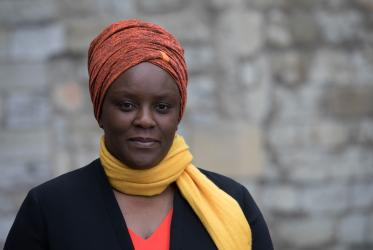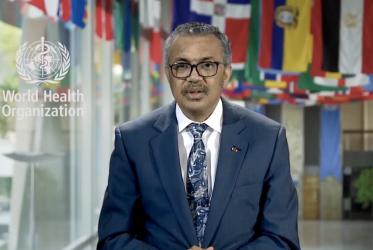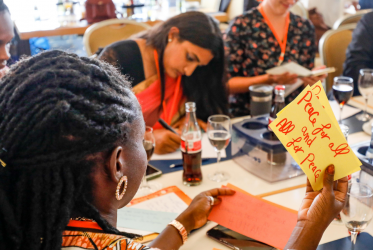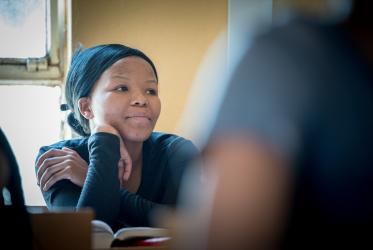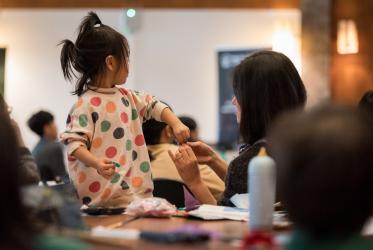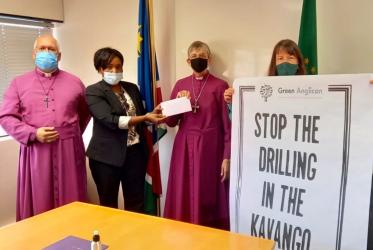I teach water law, especially the water laws of the western United States. Every year we discuss the question of water marketing, which is a well-established practice now in the somewhat arid western portion of the United States. Naturally, students and others ask about the recent development of a futures market for water in California. Here is my answer: the creation of a futures market for water is the ultimate act of commodifying water in California. It is dangerous, inequitable, and quite contrary to the rule in water law that prohibits financial speculation in water.
08 March 2021
Susan Lea Smith
